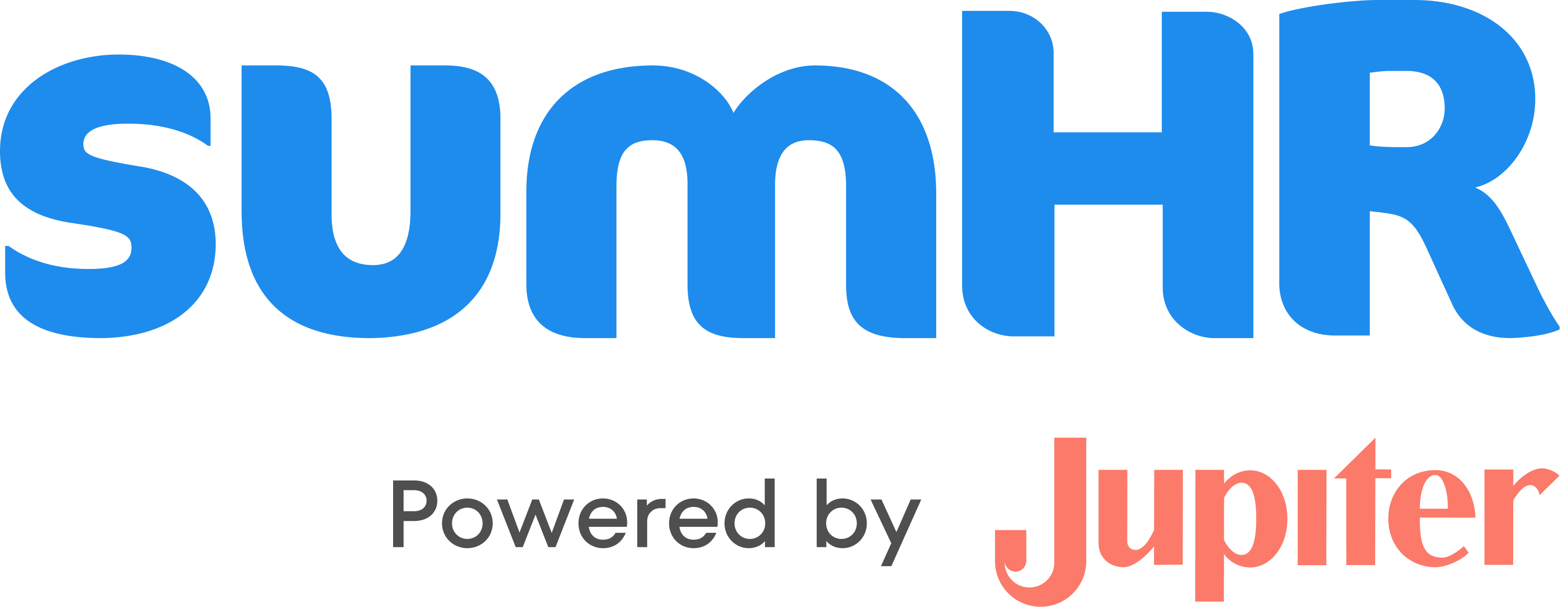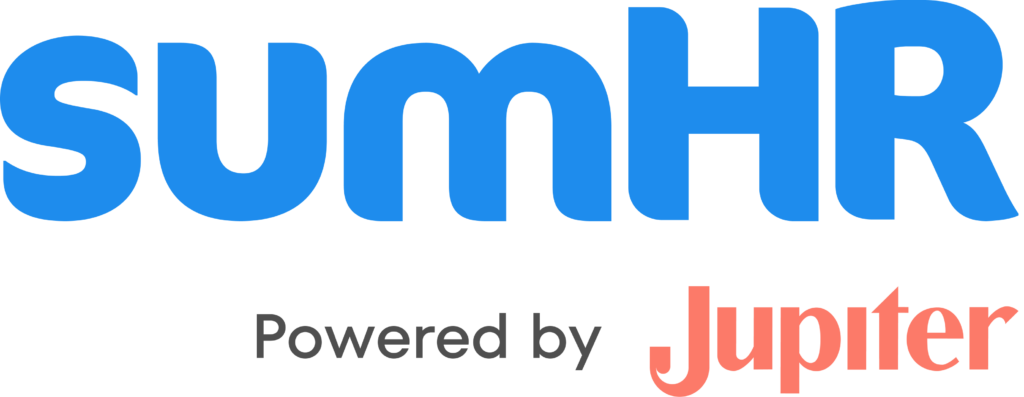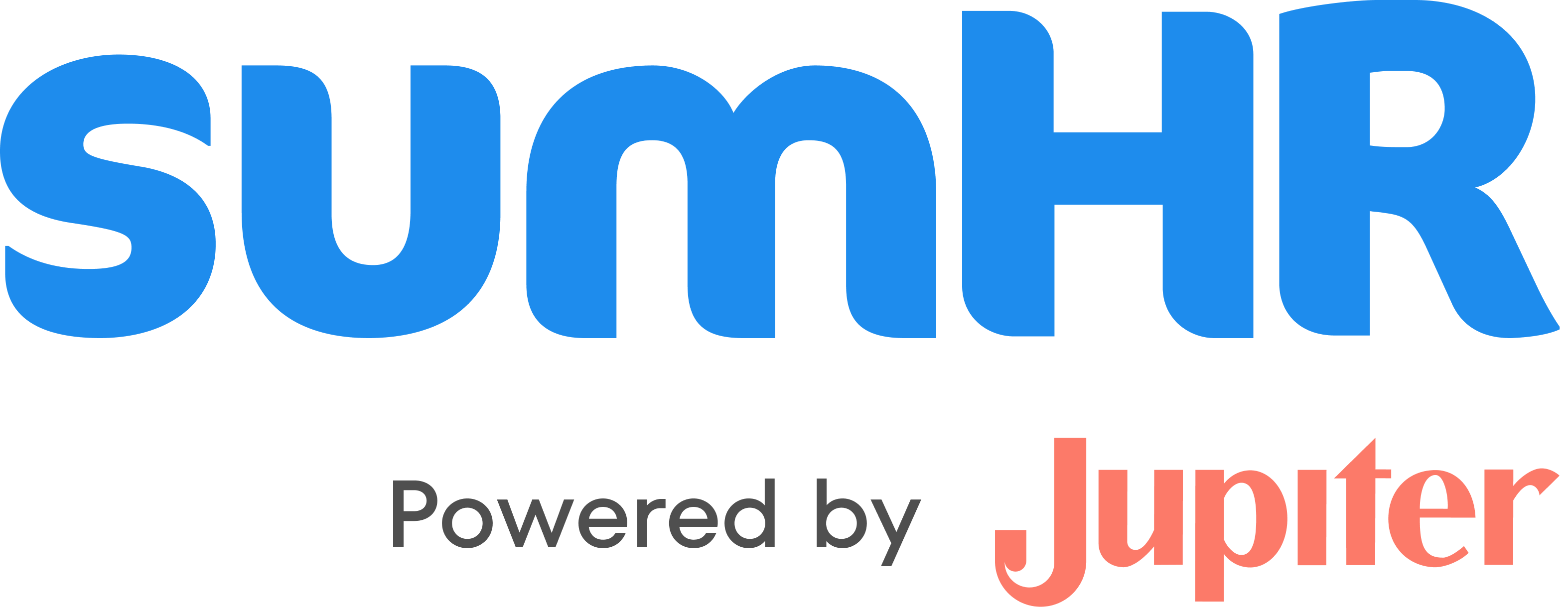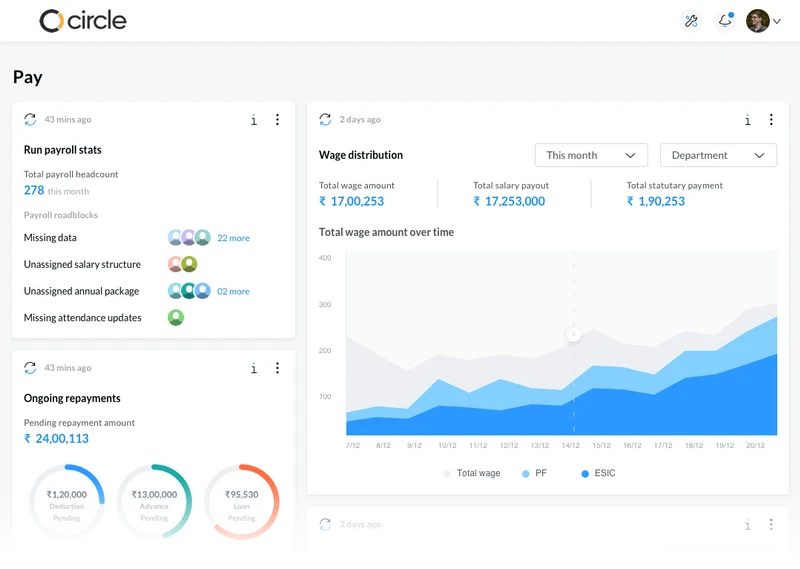Managing the workforce of an organization is a humongous task. Whether it’s a budding startup setting up processes or a mid-sized company trying to come to terms with its scaling up or an industrial biggie managing thousands of employees, all require some kind of software to make complex processes easy. While the HR software space is burgeoning, there have been some acquisitions made by the who’s who of the tech industry.
Kenexa (Acquired by IBM); Deal Size: USD 1.3 Billion
While we all are aware of IBM’s motto to build a smarter planet, the company also wants to build a smarter workforce. And that’s why it used 1.3 billion dollars in August 2012 to buy Kenexa, an employment and retention solutions company, which offers services such as onboarding, recruitment process outsourcing, and employee assessment.
Taleo (Acquired by Oracle); Deal Size: USD 1.9 Billion
Oracle, which has a knack of buying good companies, acquired Taleo in February 2012. The cloud-based talent management solutions company had made a name for itself in the last decade, and offered solutions related to performance & compensation management and learning & development, in addition to recruitment to enterprises and small businesses.
SuccessFactors (Acquired by SAP); Deal Size: USD 3.4 Billion
When SAP wanted to bolster its offering in the HR space, it went and acquired San Mateo, California-based SuccessFactors for 3.5 billion dollars. The company offers cloud-based human capital management (HCM) solutions, and is well known for its employee-performance management solutions. It has nearly three and a half thousand customers and had carved its own little niche in the HR software space.
While these acquisition deals are a great indication of the HR software space, other news such as Salesforce launching Work.com (refurbished form of Rypple) and Workday’s IPO, which is in the range of USD 400 million, do show how thrilling space has become.
So where do startups and small businesses stand? Yes, they do have these above-mentioned options to manage their human capital but would these be really cost-effective? Now comes the most exciting part. Startups and small businesses should use cloud-based HR software but the ones developed by startups for startups. At sumHR, our aim is to enable startups and small businesses to manage their human capital at a cost-effective rate by offering them all core services in an HR software, ie attendance management, leave management, enterprise social network, employee onboarding, employee directory, and salary/reimbursement management.








